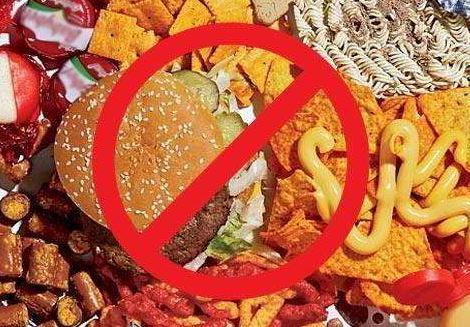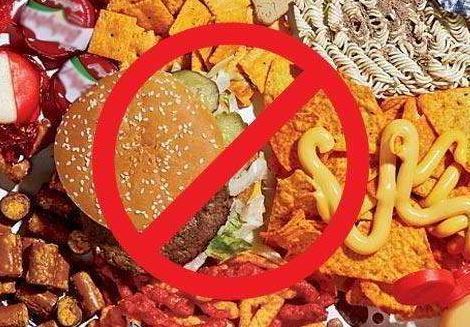 Although poisoning cases are common in Kuwait, there is no special toxicology center in the country – all cases are treated in hospitals. According to Abdulaziz, manning the hotline of the Health Ministry (151), a patient should not waste time with consultation on the phone, and should seek treatment at the nearest hospital. “We don’t advise the patient or the parents of a child who might be poisoned to wait for advice through the phone.
Although poisoning cases are common in Kuwait, there is no special toxicology center in the country – all cases are treated in hospitals. According to Abdulaziz, manning the hotline of the Health Ministry (151), a patient should not waste time with consultation on the phone, and should seek treatment at the nearest hospital. “We don’t advise the patient or the parents of a child who might be poisoned to wait for advice through the phone.
This is an emergency and time matters, so the patient should immediately go to the hospital and not waste time, as it may get worse,” Abdulaziz told Kuwait Times.
According to a recent report by KUNA, food poisoning cases increased during the summer in Kuwait due to high temperatures and consumption of fast food. The most common symptoms of food poisoning are vomiting or diarrhea with high temperatures in some cases, and could cause physiological or neurological disorders.
According to this report, the number of poisoning cases is not accurate as many cases are not reported and are treated at home without medical help.
Emergency medicine consultant Dr Ziad Al-Alyan spoke about food poisoning cases and intestinal catarrh. “It’s always better to go directly to the hospital than the polyclinic, because the polyclinic is usually overburdened with other cases. A patient will be transferred to the hospital if the case is serious,” he pointed out. He also said that during his work at the emergency department, he always encountered cases of food poisoning. “A great number of the patients were children. We also received cases of suicide attempts by consuming drugs, which is also a case of poisoning.
Some cases not of food poisoning may include criminal suspicion. In this case, the patient may be transferred to the investigator, which is common procedure in all cases with criminal suspicion such as accidents, fights and others,” explained Dr Al-Alyan. The medical history of the patient is crucial. “The information the patient provides matters, such as if he is sure of suspicious food he ate from a restaurant for instance, which indicates food poisoning. But if he says he didn’t eat outside, and no other family member is experiencing any complications, then there is a criminal suspicion,” he added.
Source: Kuwait Times
